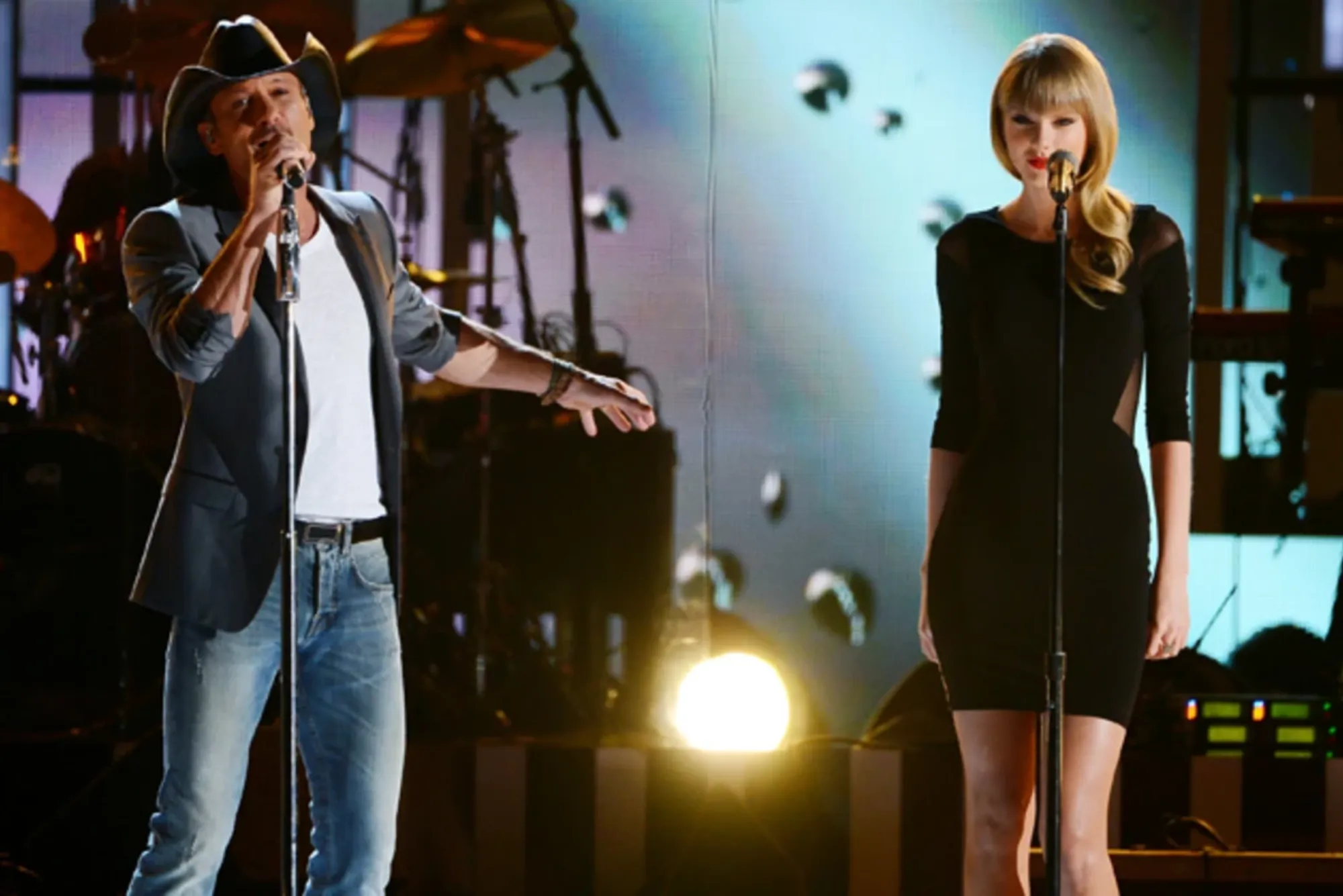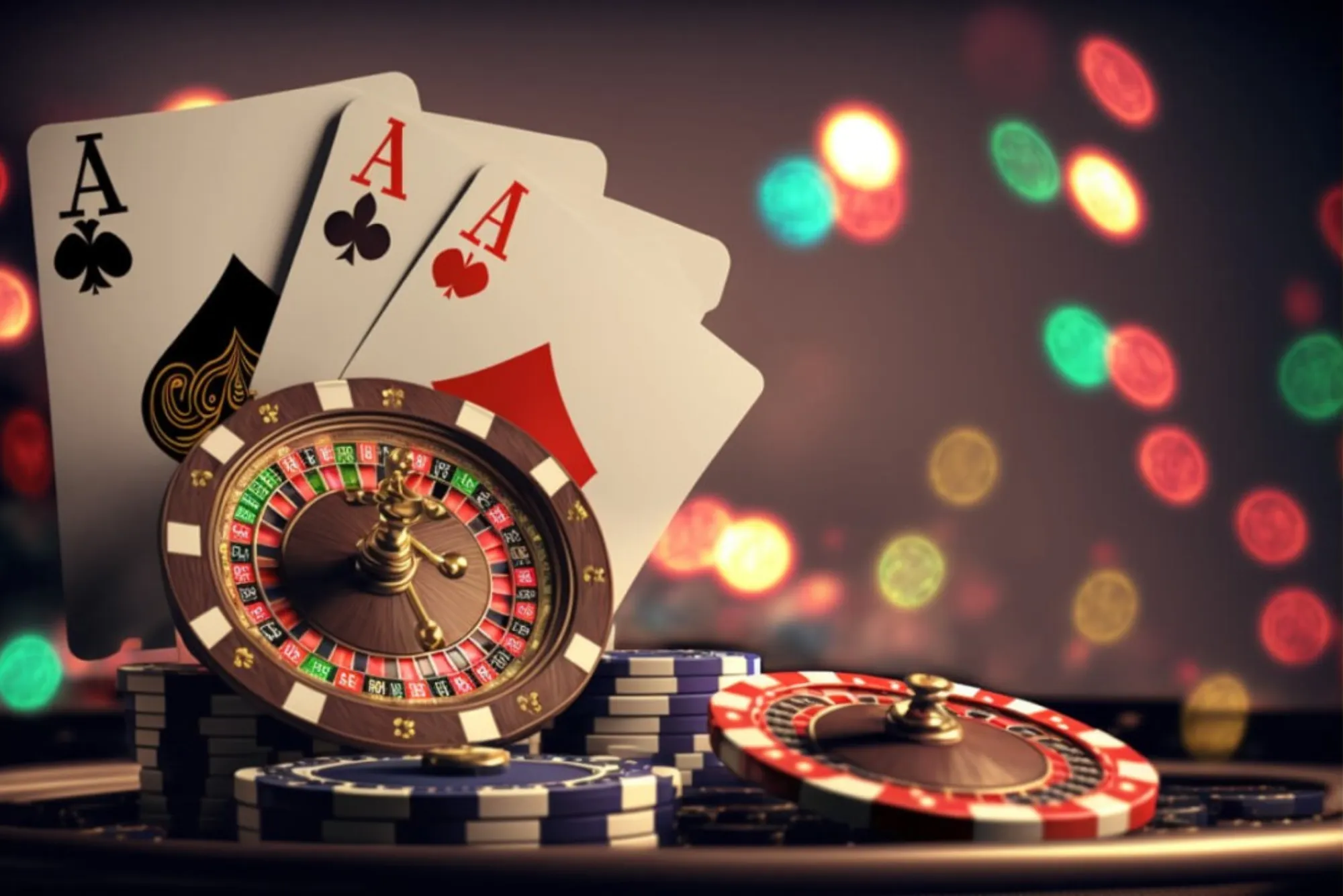“I Don’t Care” is a song that has made a significant impact on music charts, social media, and pop culture since its release. Performed by [Artist], the song quickly became a hit, resonating with listeners who find its themes of indifference and personal freedom relatable. With catchy beats and a memorable chorus, “I Don’t Care” has become an anthem for those who want to express their desire to break free from societal pressures. In this article, we will dive deep into the lyrics of the song, analyze its themes, and explore why it continues to be relevant and influential in today’s music scene.
Background of “I Don’t Care”
“I Don’t Care” was released as a single by [Artist] on [Release Date]. The song was included in the album [Album Name], which showcased a shift in the artist’s musical style. Known for [Artist’s] previous work in [specific genre], this song marked a departure into more pop-oriented sounds, blending catchy beats with meaningful lyrics.
The song quickly gained traction and became a commercial success, charting high on music charts across the globe. It was praised for its bold message and infectious melody, which helped it stand out in a crowded music industry. Critics highlighted the song’s ability to connect with a wide audience, offering a sense of liberation and empowerment through its lyrics.
“I Don’t Care” also became a favorite on social media platforms, where fans expressed their love for the song through memes, videos, and personal stories. The song’s popularity was further fueled by its widespread use in TikTok videos and other viral content.
Theme and Message of the Song

At its core, “I Don’t Care” is about rejecting societal expectations and embracing one’s individuality. The lyrics express a desire to be free from judgment, allowing the listener to feel empowered to live life on their own terms. The song’s message is clear: it’s okay to not care about what others think and to prioritize one’s own happiness.
The theme of indifference is explored in various ways throughout the song. In the verses, the lyrics convey a sense of frustration with the pressures of conforming to societal norms. The repeated refrain of “I don’t care” serves as a declaration of independence, a way of saying that external opinions no longer hold power over the individual. This resonates with listeners who may feel overwhelmed by expectations in their personal lives or the media.
Moreover, the song speaks to the broader cultural trend of self-empowerment and personal freedom. In a world where social media and public opinion often dictate how people should look, behave, and think, “I Don’t Care” provides a refreshing reminder that it’s okay to be unapologetically yourself.
Analysis of Key Lyrics
The song’s lyrics are straightforward yet powerful. One of the most iconic lines in the song is “I don’t care,” which is repeated throughout the chorus. This line encapsulates the essence of the song’s message—an assertion of autonomy and a rejection of outside influence. The repetition of this phrase makes it a catchy and anthemic part of the song, giving listeners a sense of empowerment every time they hear it.
In the verses, the lyrics delve deeper into the feeling of frustration with societal expectations. The artist sings about feeling out of place and the pressure to conform to standards that don’t align with their true self. This vulnerability in the lyrics is balanced by the defiance in the chorus, creating a dynamic tension that draws listeners in.
Another key aspect of the is the contrast between internal and external struggles. While the artist expresses their desire to be free from judgment, there’s also an acknowledgment of the emotional toll that societal pressures can take. The lyrics speak to the internal conflict many people face when trying to balance their true selves with the expectations placed on them by others.
Overall, the lyrics of “I Don’t Care” offer a cathartic release for listeners who may have experienced similar struggles. The song’s unapologetic tone encourages them to embrace their individuality and reject the need for external validation.
The Role of the Chorus
The chorus of “I Don’t Care” plays a central role in conveying the song’s message. It is the most memorable part of the track, and its repetitive nature makes it both catchy and impactful. The simple phrase “I don’t care” serves as a mantra, reinforcing the idea of personal freedom and defiance.

The chorus is a moment of emotional release, where the artist lets go of all the worries and pressures that have been building up in the verses. The repetition of the phrase emphasizes the strength of the artist’s resolve and their determination to live life on their own terms. This makes the chorus not only a musical hook but also a powerful statement of independence.
Additionally, the upbeat and energetic tone of the chorus contrasts with the more introspective verses, creating a sense of catharsis for the listener. It’s as if the listener is being invited to join the artist in their declaration of freedom, making the song feel like a collective anthem for anyone who feels constrained by societal expectations.
Influence of “I Don’t Care”
“I Don’t Care” has had a lasting influence on both the music industry and popular culture. The song’s message of self-empowerment and independence resonated with a wide audience, particularly young people who often feel pressured to conform to unrealistic standards. As a result, the song became an anthem for anyone seeking to break free from the constraints of society.
The song’s influence extends beyond the music charts. It has been featured in various forms of media, from movies and television shows to commercials and online videos. Its widespread use in TikTok videos, for example, helped propel the song to even greater heights of popularity. Fans embraced the song as a way to express their own feelings of rebellion and self-assertion, creating viral content that further amplified the song’s reach.
Moreover, the success of “I Don’t Care” has inspired other artists to explore similar themes of personal freedom and defiance in their own music. The song has become a touchstone for a generation that values individuality and authenticity, encouraging other musicians to create music that reflects these ideals.
Reception and Popularity
“I Don’t Care” was met with widespread acclaim from both critics and fans. On the charts, the song performed exceptionally well, reaching the top positions on music charts in multiple countries. Its infectious melody, relatable lyrics, and catchy chorus made it a favorite among listeners, and it quickly became a staple on radio stations and streaming platforms.
The song’s popularity was also fueled by its presence on social media. Fans created memes, videos, and posts celebrating the song’s message, sharing their personal stories of overcoming societal pressures. This viral content helped to keep the song in the public consciousness long after its initial release.
On streaming platforms like Spotify and Apple Music, “I Don’t Care” became one of the most-played tracks, further cementing its status as a modern anthem. The song’s widespread appeal can be attributed to its universal message, which resonates with people from all walks of life. Whether it’s a teenager struggling with self-esteem or an adult trying to break free from societal expectations, “I Don’t Care” provides a sense of solidarity and empowerment.
“I Don’t Care” is more than just a catchy pop song; it is an anthem of self-expression and defiance. Through its bold lyrics and infectious melody, the song encourages listeners to embrace their individuality and reject societal pressures. Its message of personal freedom resonates with a wide audience, making it a powerful and influential track in today’s music scene.







